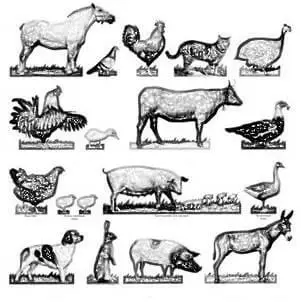Calm, peaceful days.
Halcyon days
What's the meaning of the phrase 'Halcyon days'?
What's the origin of the phrase 'Halcyon days'?
The Halcyon is a bird of Greek legend and the name is now commonly given to the European Kingfisher. The ancients believed that the bird made a floating nest in the Aegean Sea and had the power to calm the waves while brooding her eggs. Fourteen days of calm weather were to be expected when the Halcyon was nesting – around the winter solstice, usually 21st or 22nd of December. The Halcyon days are generally regarded as beginning on the 14th or 15th of December.
The source of the belief in the bird’s power to calm the sea originated in a myth recorded by Ovid. The story goes that Aeolus, the ruler of the winds, had a daughter named Alcyone, who was married to Ceyx, the king of Thessaly. Ceyx was drowned at sea and Alcyone threw herself into the waves in a fit of grief. Instead of drowning, she was transformed into a bird and carried to her husband by the wind.
The myth came to the English-speaking world in the 14th century, when, in 1398, John Trevisa translated Bartholomew de Glanville’s De proprietatibus rerum into Middle English:
“In the cliffe of a ponde of occean, Alcion, a see foule, in wynter maketh her neste and layeth egges in vii days and sittyth on brood … seuen dayes.”
By the 16th century the phrase ‘halcyon days’ had lost its association with the nesting time of the bird and had taken on the figurative meaning of ‘calm days’. Shakespeare used the expression that way in Henry VI, Part I, 1592:
Assign’d am I to be the English scourge.
This night the siege assuredly I’ll raise:
Expect Saint Martin’s summer, halcyon days,
Since I have entered into these wars.
Note: Saint Martin’s summer is what we now know as an Indian summer.
The kingfisher is associated with other powers relating to the weather. In medieval times it was thought that if the dried carcass of a kingfisher was hung up it would always point its beak in the direction of the wind [don’t try this at home]. Shakespeare also refers to this belief, in King Lear, 1605:
Bring oil to fire, snow to their colder moods;
Renege, affirm, and turn their halcyon beaks
With every gale and vary of their masters
Our current use of ‘halcyon days’ tends to be nostalgic and recalling of the seemingly endless sunny days of youth – despite the fact that the original halcyon days were in the depths of winter.
See also: Dog days
The history of “Halcyon days” in printed materials
Trend of halcyon days in printed material over time
Related phrases and meanings
Browse more Phrases
About the Author

Phrases & Meanings
A-Z
A B C D E F G H I J K L M N O P Q R S T UV W XYZ
Categories
American Animals Australian Bible Body Colour Conflict Death Devil Dogs Emotions Euphemism Family Fashion Food French Horses ‘Jack’ Luck Money Military Music Names Nature Nautical Numbers Politics Religion Shakespeare Stupidity Entertainment Weather Women Work
How did we do?
Have you spotted something that needs updated on this page? We review all feedback we receive to ensure that we provide the most accurate and up to date information on phrases.
